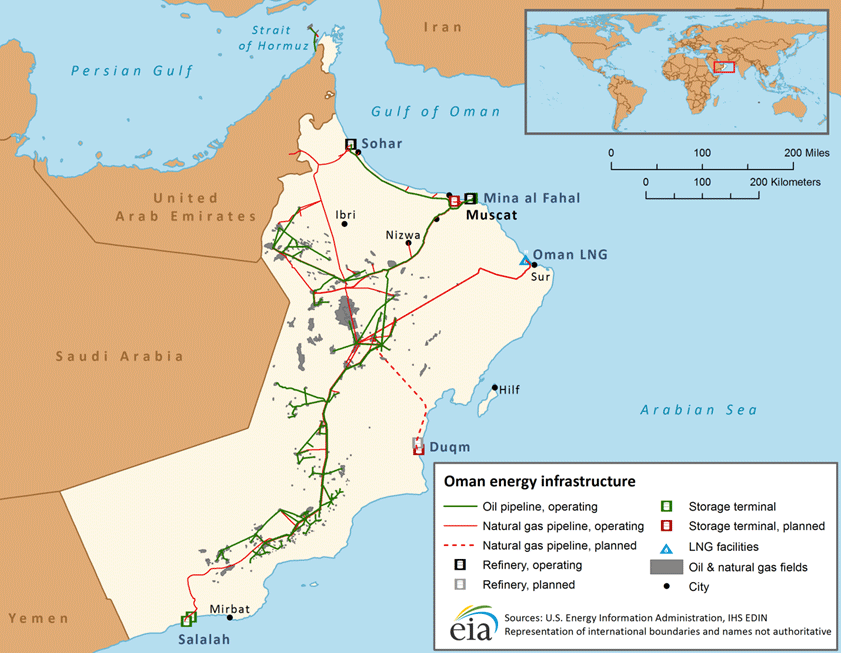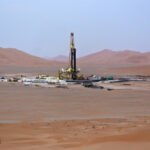Non-OPEC producer says it’s ready to cut production, but “everyone has to do the same”
Oman became the first non-OPEC oil producer to say that it will cut its production if done in coordination with other producers. Oman’s oil minister, Mohammad bin Hamad al-Rumhy, said the Persian Gulf nation would be willing to cut 5%-10% at an energy event in Abu Dhabi.
“Oman is ready to do anything that would stabilize the oil market,” said al-Rumhy. “5% or 10% is what I think we need to cut and everyone has to do the same.”
The minister’s comments came following the lifting of sanctions on Iran, which could bring up to an additional 500 MBOPD of production to an already oversupplied market.
“We’re already being flooded so what’s another wave?” he said about Iran. “We’re sinking. We are suffering from a tsunami and you’re worried about a little wave coming on top of it? I’m not. Everybody is already pumping.”
Oman produced over 1 MMBOPD in 2015
Oman is the largest oil and natural gas producer in the Middle East that is not an OPEC member. According to information from the Energy Information Administration (EIA), Oman’s production averaged just over 1 MMBOPD in 2015, making it the seventh largest oil producer in the Middle East, and 25th largest in the world.
Oman’s only export crude grade is the Oman blend, which is a medium-light sour crude. In 2014, the country exported an estimated 800 MBOPD, 72% of which went to China, making Oman an important source of oil for Asian markets.
Oman is also a major producer of natural gas, with the EIA pegging production at 1.09 Tcf in 2014, with another 24.3 Tcf of proved natural gas reserves as of January 2016. The country’s proximity to the Arabian Sea, Gulf of Oman and Persian Gulf give it access to some of the most important energy corridors in the world, a position it has used to export its natural gas production as LNG.








